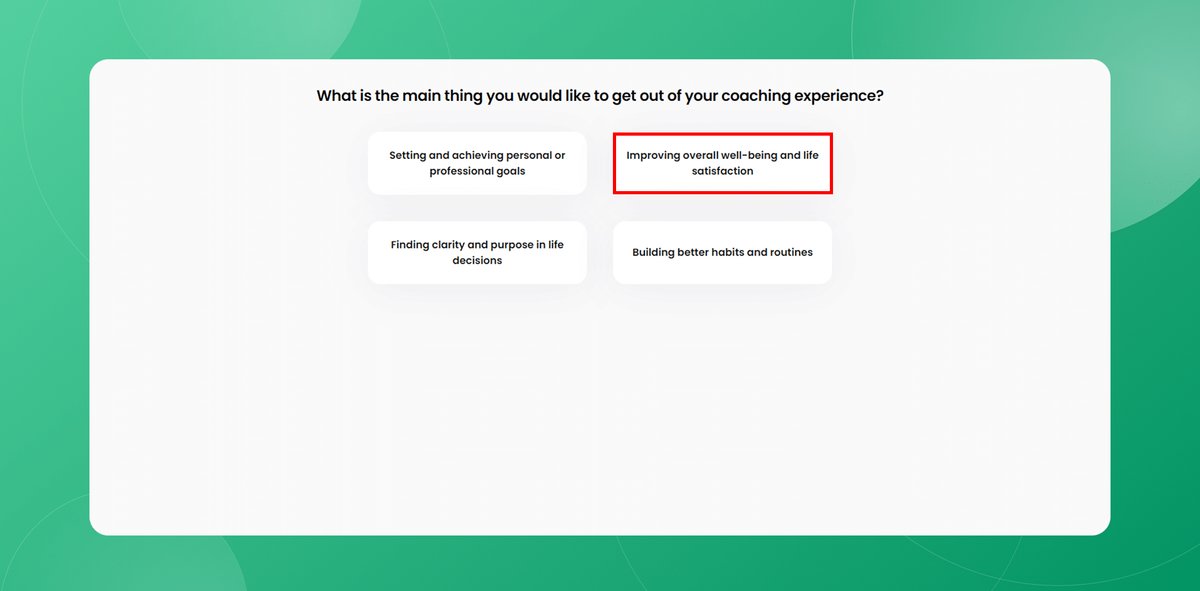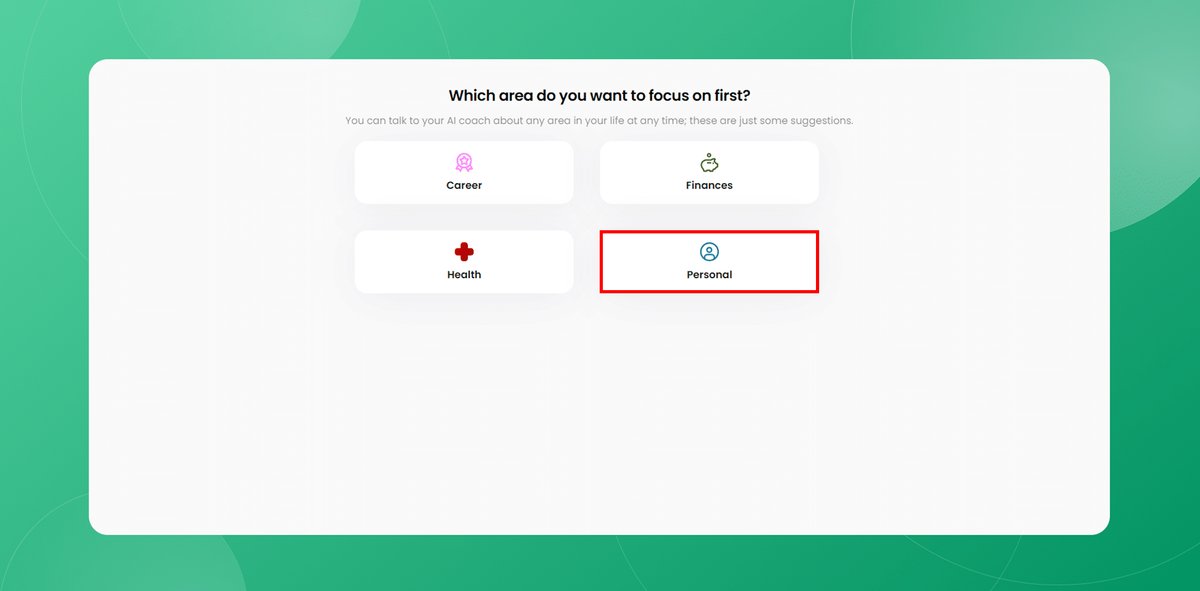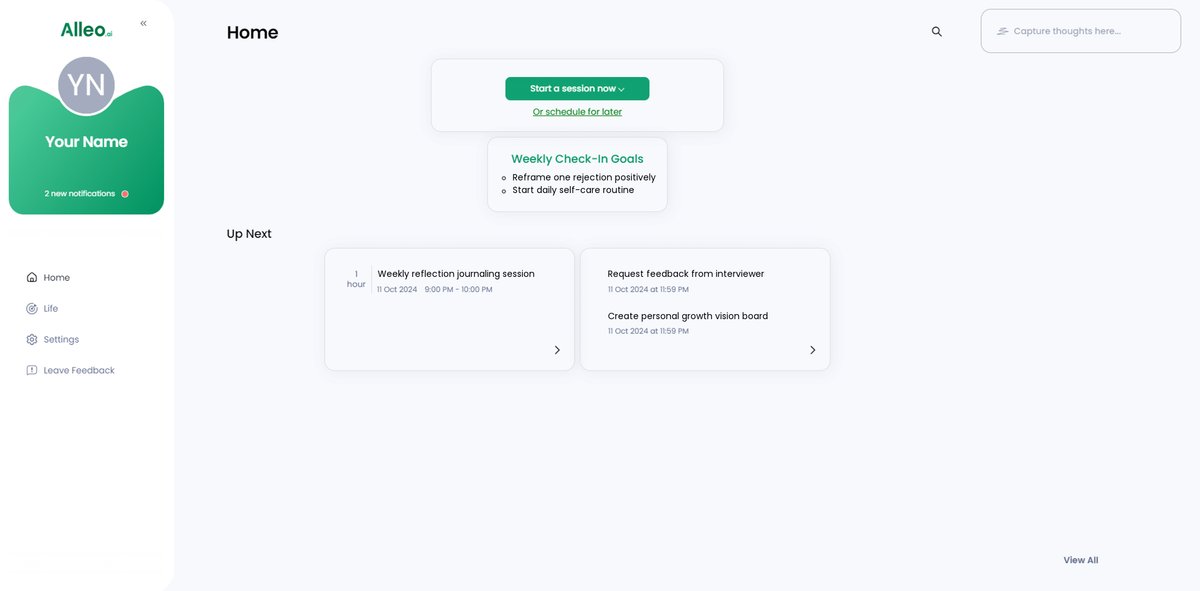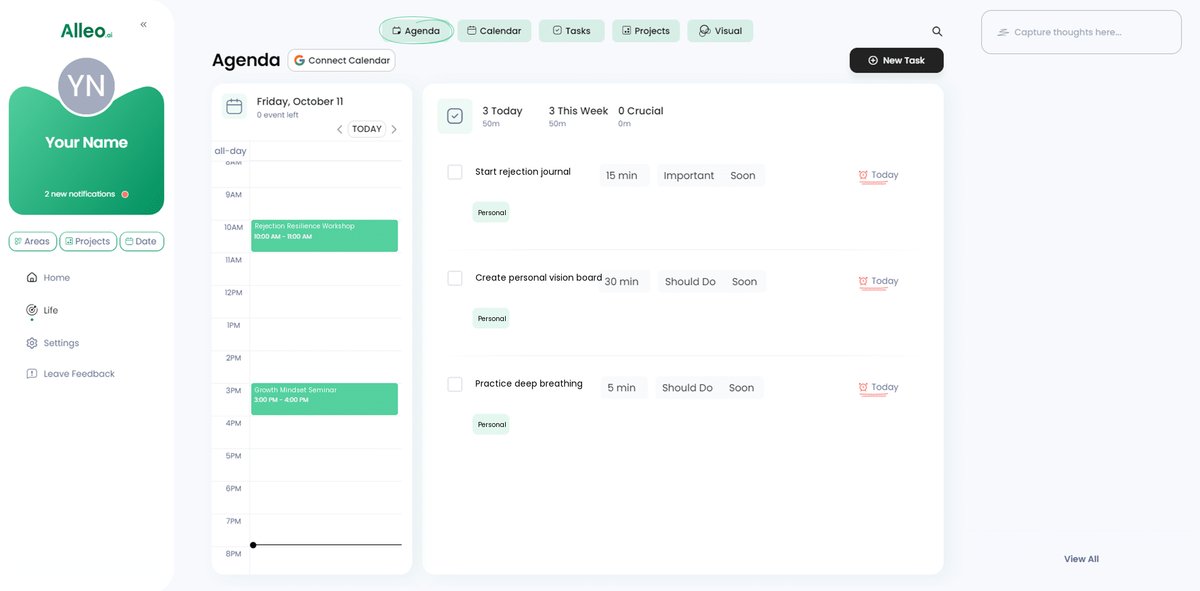7 Essential Ways Young Professionals Can Handle Rejection Gracefully
Are you a recent graduate, excited about your career but facing constant rejection in job applications and personal relationships? Handling rejection professionally is a crucial skill for young adults entering the workforce.
As a life coach, I’ve guided many professionals through these exact challenges. In my experience, young men often misinterpret rejection as a personal failure, which can lead to career setbacks for young adults and hinder their professional resilience strategies.
In this article, you’ll discover actionable strategies to handle rejection gracefully. We’ll explore how to see rejection as a learning opportunity, practice self-care, and build resilience. These techniques will help you in dealing with job rejection and overcoming imposter syndrome.
Let’s dive in and explore ways to boost your emotional intelligence in the workplace while handling rejection professionally.

Understanding the Emotional Impact of Rejection
Let’s face it, handling rejection professionally can be challenging. Many clients initially struggle with the emotional toll it takes on their self-worth.
When you’re constantly facing job rejections or relationship setbacks, it’s easy to start doubting yourself.
Rejection can feel like a personal attack, leading to self-doubt and anxiety. I often see clients who internalize these experiences, believing they are not good enough.
This mindset can create a vicious cycle, making it even harder to move forward.
In my experience, professionals often feel that rejection reflects their abilities or character. This couldn’t be further from the truth.
Rejection usually stems from external factors beyond your control.
Understanding this distinction is crucial. It helps you see rejection as a stepping stone rather than a setback, which is key to building confidence after rejection.
To navigate this pain and develop professional resilience strategies, you need support and techniques for handling rejection professionally. Let’s unpack these together.

Key Steps to Handle Rejection Gracefully
Overcoming this challenge requires a few key steps. Here are the main areas to focus on to make progress in handling rejection professionally.
- Reframe rejection as a learning opportunity: Reflect on experiences and view them as feedback, especially when dealing with job rejection.
- Practice self-care and emotional regulation: Develop routines to manage stress and emotions, enhancing your emotional intelligence in the workplace.
- Seek feedback and use it constructively: Request feedback and create action plans, focusing on constructive feedback utilization.
- Build resilience through gradual exposure: Take small risks to increase tolerance for rejection, a key aspect of professional resilience strategies.
- Cultivate a growth mindset and adaptability: Embrace challenges and adapt your strategies to overcome career setbacks for young adults.
- Develop a strong support network: Connect with mentors, peers, and loved ones for guidance and support, aiding in networking after unsuccessful interviews.
- Focus on personal growth beyond rejection: Engage in activities that promote personal development and set independent goals, helping in building confidence after rejection.
Let’s dive in to explore these strategies for handling rejection professionally!
1: Reframe rejection as a learning opportunity
Reframing rejection as a learning opportunity is crucial for handling rejection professionally and fostering personal and professional growth.
Actionable Steps:
- Reflect on each rejection experience to identify key takeaways and build professional resilience strategies.
- Maintain a rejection journal to document what you learned from each instance, aiding in constructive feedback utilization.
- Adjust your perspective to view rejection as valuable feedback, enhancing your emotional intelligence in the workplace.
Explanation:
By shifting your mindset, you can see rejection as a stepping stone rather than a setback. This approach will help you grow and become more resilient when dealing with job rejection and other career setbacks for young adults.
For instance, Verywell Mind emphasizes the importance of clear and honest communication in handling rejection professionally. Understanding and integrating this feedback can significantly enhance your future endeavors and job search motivation techniques.
Remember, each rejection is an opportunity to learn and improve, helping you in building confidence after rejection and overcoming imposter syndrome.

2: Practice self-care and emotional regulation
Practicing self-care and emotional regulation is vital to handling rejection professionally and managing the stress and anxiety that often accompanies career setbacks for young adults.
Actionable Steps:
- Schedule daily “me-time” for activities that relax and rejuvenate you, helping build confidence after rejection.
- Practice deep breathing exercises or mindfulness meditation to stay calm and grounded, enhancing emotional intelligence in the workplace.
- Engage in physical activities like yoga or walking to release built-up tension and maintain professional resilience.
Explanation:
These steps matter because they help you maintain mental and emotional well-being, making it easier to handle rejection professionally. For instance, incorporating activities like mindfulness meditation can significantly reduce stress and improve your emotional regulation, crucial for dealing with job rejection.
According to 6ftfrom.org, practicing self-care is essential to maintain mental health amidst rejection. By integrating these practices, you build a foundation that supports resilience and personal growth, key for overcoming imposter syndrome and learning from professional failures.
Taking time for yourself can help you recharge and prepare for future challenges, including networking after unsuccessful interviews and maintaining job search motivation.

3: Seek feedback and use it constructively
Seeking feedback after rejection is crucial for handling rejection professionally and fostering personal and professional growth.
Actionable Steps:
- Request specific feedback: Send a polite email asking interviewers or others for constructive criticism, which is essential for dealing with job rejection.
- Document feedback received: Keep a record of all feedback to identify patterns and areas for improvement, enhancing your professional resilience strategies.
- Create an action plan: Based on the feedback, outline steps to address areas needing growth, focusing on building confidence after rejection.
Explanation:
These steps are vital because they transform rejection into a learning opportunity, helping you improve and adapt while handling rejection professionally.
For instance, LinkedIn highlights how feedback can be a stepping stone for professional development and overcoming career setbacks for young adults.
Using feedback constructively ensures you grow stronger and more resilient, enhancing your emotional intelligence in the workplace.
Seeking constructive feedback can provide valuable insights into your strengths and areas for improvement, aiding in learning from professional failures and constructive feedback utilization.

4: Build resilience through gradual exposure
Building resilience through gradual exposure is essential for handling rejection professionally and effectively.
Actionable Steps:
- Set small, incremental goals: Apply for one new job or ask someone out every week, which helps in dealing with job rejection.
- Celebrate minor successes: Keep a “wins” journal to document and reflect on your progress, fostering professional resilience strategies.
- Engage in regular practice: Take on small challenges consistently to build your tolerance for rejection, improving emotional intelligence in the workplace.
Explanation:
These steps matter because they help you build resilience gradually, making handling rejection professionally less daunting over time.
For instance, according to LinkedIn, embracing challenges can foster growth and adaptability, which is crucial for overcoming career setbacks for young adults.
By celebrating small victories, you reinforce a positive mindset and increase your confidence, essential for building confidence after rejection.
Taking these small steps will help you become more comfortable with handling rejection professionally and enhance your job search motivation techniques.

5: Cultivate a growth mindset and adaptability
Cultivating a growth mindset and adaptability is essential for handling rejection professionally and turning it into an opportunity for growth.
Actionable Steps:
- Read growth mindset literature: Read books or listen to podcasts about growth mindset principles to shift your perspective on dealing with job rejection.
- Experiment with different strategies: Try new approaches for job applications or dating to see what works best for you, enhancing your professional resilience strategies.
- Embrace challenges: Take on tasks that push you out of your comfort zone to build adaptability and boost emotional intelligence in the workplace.
Explanation:
These steps matter because they help you see challenges as opportunities to grow. For instance, exploring growth mindset literature can shift your perspective, making rejection seem less personal and aiding in overcoming imposter syndrome.
According to LinkedIn, embracing challenges fosters growth and adaptability. By experimenting with different strategies, you can discover what works best for you and build resilience when handling rejection professionally.
Key benefits of cultivating a growth mindset include:
- Increased resilience in the face of setbacks, particularly career setbacks for young adults
- Greater willingness to take on new challenges and build confidence after rejection
- Improved problem-solving skills and constructive feedback utilization
By adopting a growth mindset, you can turn setbacks into stepping stones for future success, enhancing your job search motivation techniques and improving your approach to networking after unsuccessful interviews.

6: Develop a strong support network
Building a strong support network is essential for handling rejection professionally and effectively.
Actionable Steps:
- Connect with mentors and peers: Join professional networks or support groups related to your field for guidance on dealing with job rejection and building professional resilience strategies.
- Lean on friends and family: Schedule regular check-ins with a trusted friend or family member for emotional support, helping to develop emotional intelligence in the workplace.
- Participate in community events: Attend local meetups or online forums to expand your network and gain different perspectives on overcoming career setbacks for young adults.
Explanation:
These steps matter because they provide you with emotional and professional support, making rejection less isolating and helping in building confidence after rejection.
For instance, according to Gena Rodriguez, students often feel the weight of anonymous rejection for seemingly arbitrary reasons.
Having a support network helps you navigate these feelings and build resilience, which is crucial for handling rejection professionally and learning from professional failures.
By surrounding yourself with supportive individuals, you can better manage rejection, continue to grow, and maintain job search motivation techniques while overcoming imposter syndrome.

7: Focus on personal growth beyond rejection
Focusing on personal growth beyond rejection helps you build resilience and confidence, essential for handling rejection professionally.
Actionable Steps:
- Invest in personal development: Enroll in online courses to build new skills or hobbies, enhancing your professional resilience strategies.
- Set personal goals: Create a vision board with achievable personal milestones to keep you motivated, especially after career setbacks.
- Engage in self-reflection: Spend time assessing your strengths and areas for improvement regularly, boosting your emotional intelligence in the workplace.
Explanation:
These steps matter because they shift your focus from external validation to personal growth. By investing in personal development, you enhance your skills and boost your confidence, crucial for dealing with job rejection.
Setting personal goals keeps you motivated and on track. Engaging in self-reflection helps you understand your progress and areas needing improvement, aiding in overcoming imposter syndrome.
According to Inspiring Girls, acknowledging and normalizing failure is crucial for growth. These practices will support your journey toward resilience and success in handling rejection professionally.
Key areas for personal growth include:
- Developing new skills relevant to your field
- Improving emotional intelligence and self-awareness
- Cultivating healthy habits and routines
Remember, focusing on personal growth helps you turn rejection into a stepping stone for future achievements, essential for building confidence after rejection and maintaining job search motivation.

Partner with Alleo to Handle Rejection Gracefully
We’ve explored how to handle rejection professionally and how it can benefit your personal and professional life. But did you know you can work with Alleo to make this journey of dealing with job rejection easier?
Alleo is your AI life coach, offering affordable and personalized coaching support for building confidence after rejection. With Alleo, you get full coaching sessions focused on professional resilience strategies, just like with a human coach, and a free 14-day trial with no credit card required.
Setting up an account is simple, and you can create a personalized plan tailored to your needs for overcoming imposter syndrome and learning from professional failures. Alleo’s coach will follow up on your progress, handle changes, and keep you accountable via text and push notifications, helping you develop emotional intelligence in the workplace.
Ready to get started for free and boost your job search motivation techniques?
Let me show you how!
Step 1: Log In or Create Your Account
To begin your journey with Alleo AI coach, log in to your existing account or create a new one in just a few clicks, setting the foundation for your personalized coaching experience to handle rejection gracefully.

Step 2: Choose “Improving overall well-being and life satisfaction” as your goal
Select “Improving overall well-being and life satisfaction” from the list of goals to address the emotional impact of rejection and build resilience, aligning with the strategies discussed in the article for handling rejection gracefully and fostering personal growth.

Step 3: Select “Personal” as Your Focus Area
Choose the “Personal” life area to address rejection-related challenges, as this will help you develop emotional resilience, self-care practices, and a growth mindset – key elements in handling rejection gracefully and transforming it into opportunities for personal growth.

Step 4: Starting a Coaching Session
Begin your journey with Alleo by scheduling an intake session, where you’ll discuss your challenges with rejection and create a personalized plan to build resilience and handle future setbacks more gracefully.

Step 5: Viewing and managing goals after the session
After your coaching session on handling rejection gracefully, check the app’s home page to review and manage the personalized goals you discussed with Alleo, helping you stay on track with your growth and resilience journey.

Step 6: Adding events to your calendar or app
Track your progress in handling rejection by adding key events, such as job interviews or networking opportunities, to the calendar and task features within the Alleo app, allowing you to monitor your growth and celebrate small wins along your journey.

Wrapping Up: Embrace Rejection and Grow Stronger
We’ve covered a lot of ground on handling rejection professionally. From reframing rejection to practicing self-care, you now have actionable strategies to navigate these career setbacks for young adults.
Remember, rejection is not a reflection of your worth. It’s often about external factors beyond your control. Dealing with job rejection is a crucial part of building confidence after rejection.
Embrace each setback as a learning opportunity. Lean on your support network and focus on personal growth. Professional resilience strategies and emotional intelligence in the workplace are key to overcoming imposter syndrome.
You don’t have to do it alone. Alleo can guide you through this journey of handling rejection professionally. Try our AI life coach for free and see the difference in your job search motivation techniques.
Start today. Empower yourself to handle rejection with grace and resilience. Learning from professional failures and constructive feedback utilization are essential for networking after unsuccessful interviews.